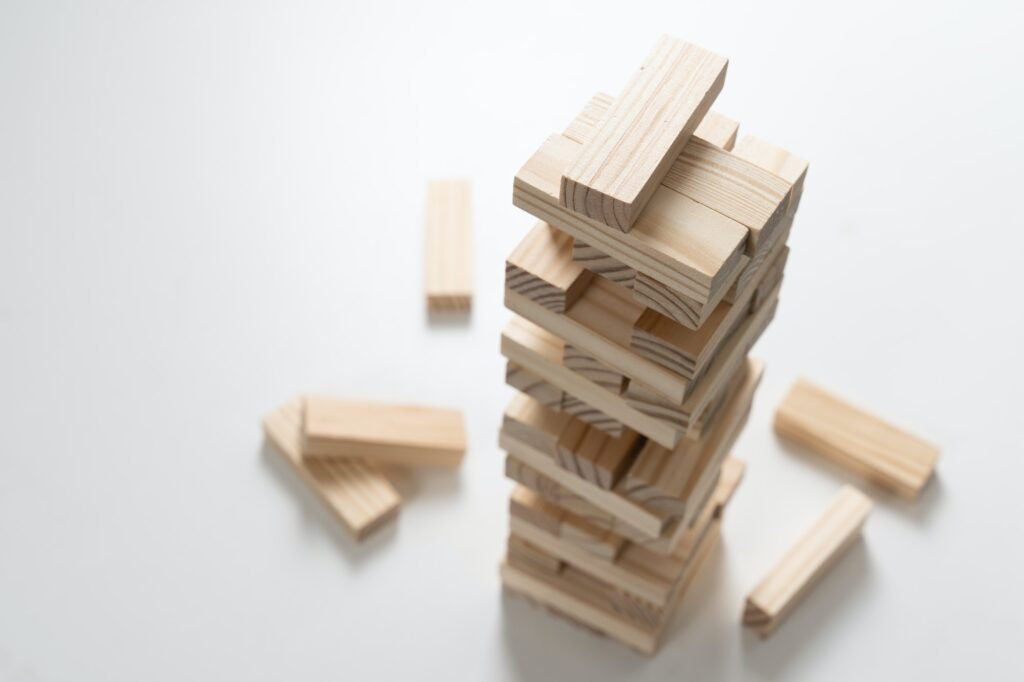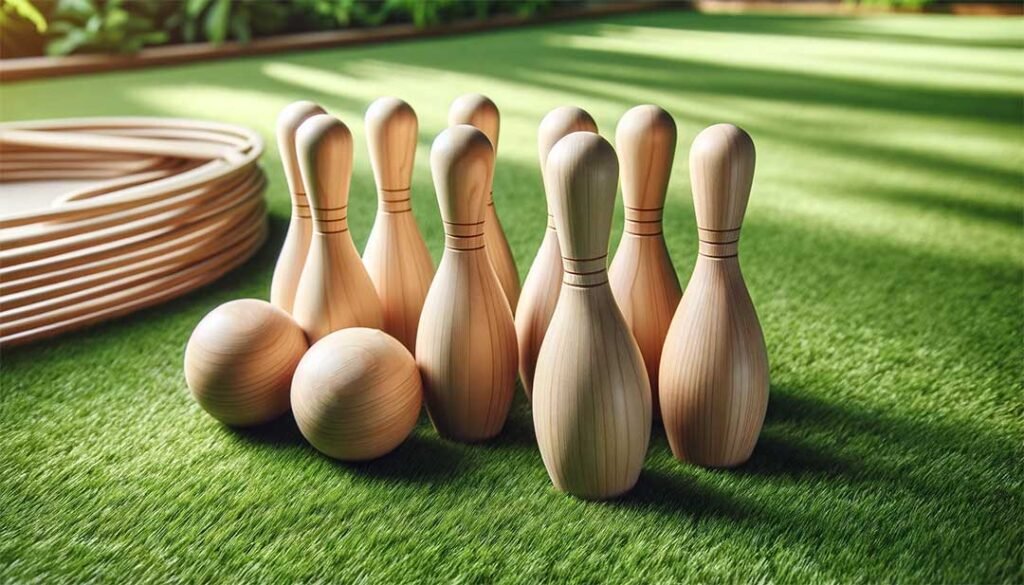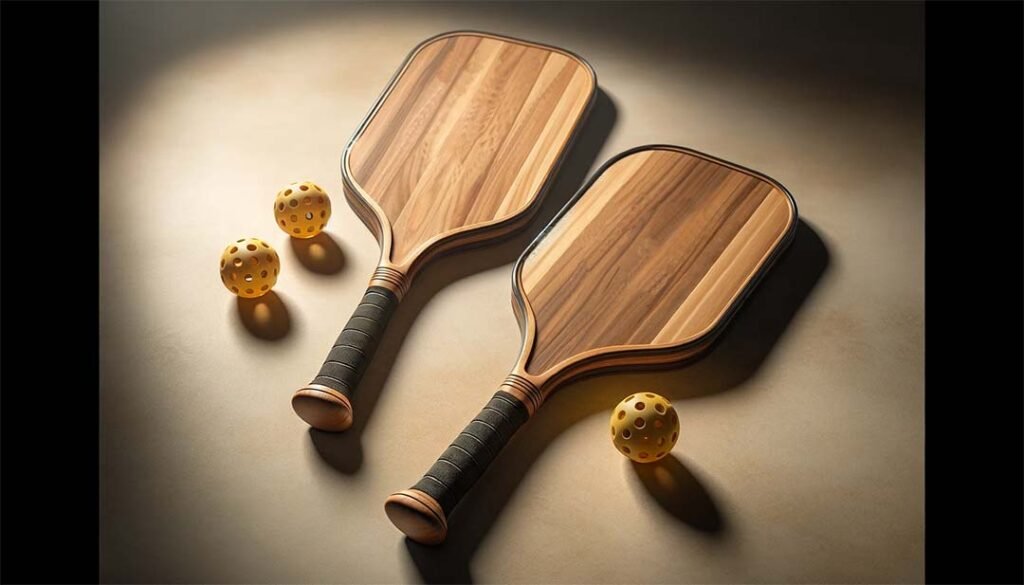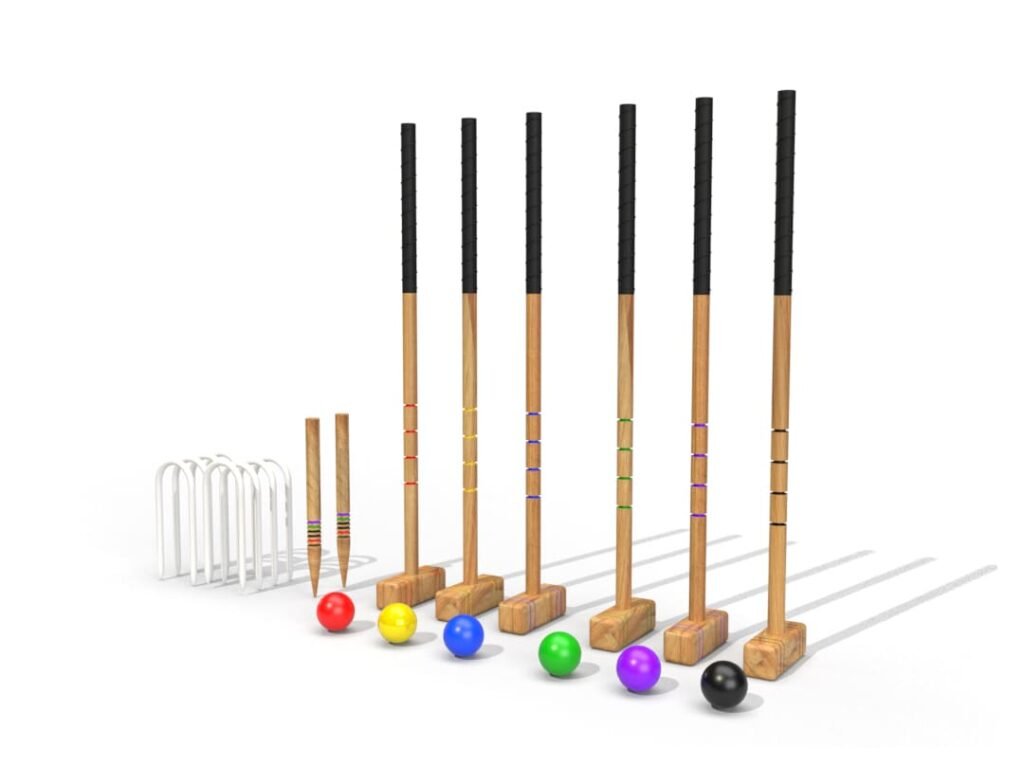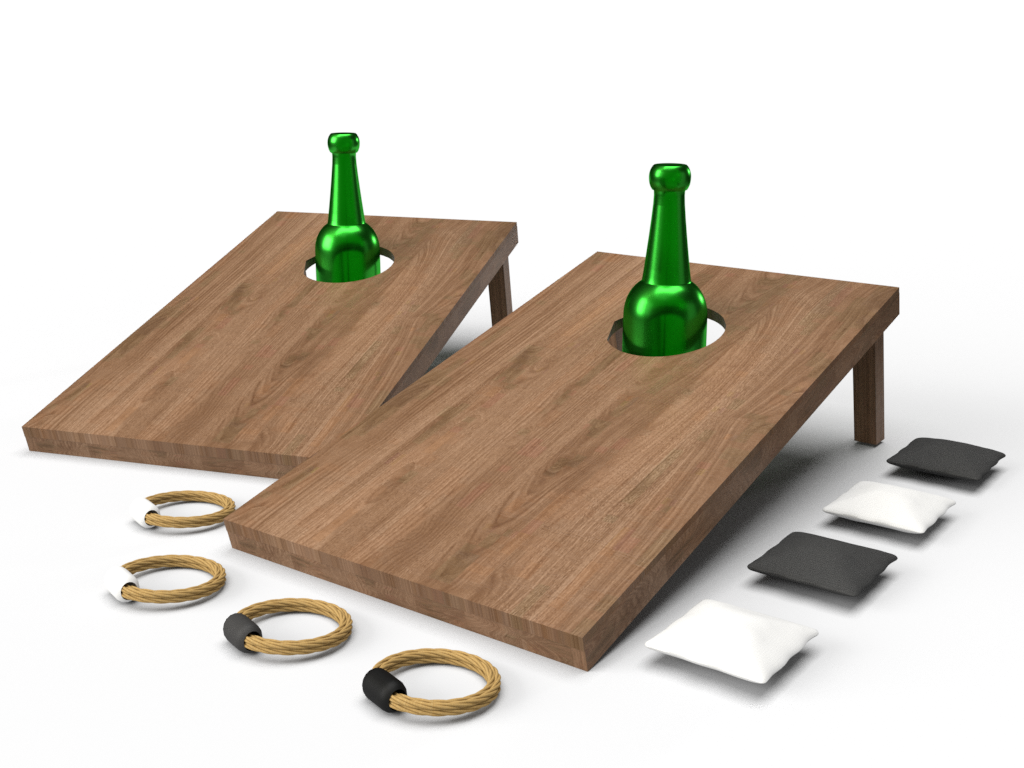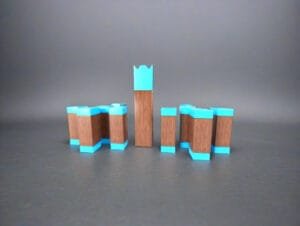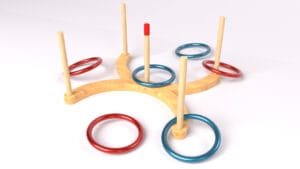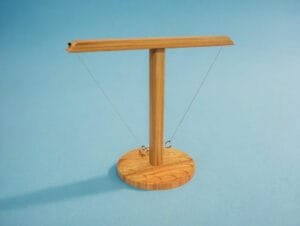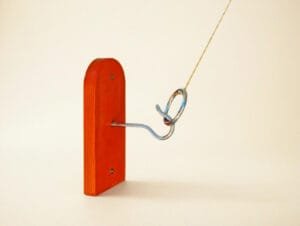Ever struggled with a hook and ring toss game that just won’t cooperate? You know, that frustrating moment when the ring teasingly swings past the hook for the tenth time, and you’re ready to pull your hair out? We get it. Poor-quality materials, vague instructions, and unreliable suppliers can turn a simple game into a source of major annoyance. But what if you could easily master this classic game and offer it to your customers without the usual headaches?
Here’s the deal: mastering the hook and ring toss game is all about technique, not brute force. Follow these six simple steps, and you’ll be landing ringers like a pro in no time. Plus, with the right supplier, you can avoid the frustrations of flimsy products and delayed shipments.
Trust us, your customers will thank you for providing a game that’s actually fun, not infuriating. Let’s dive in!
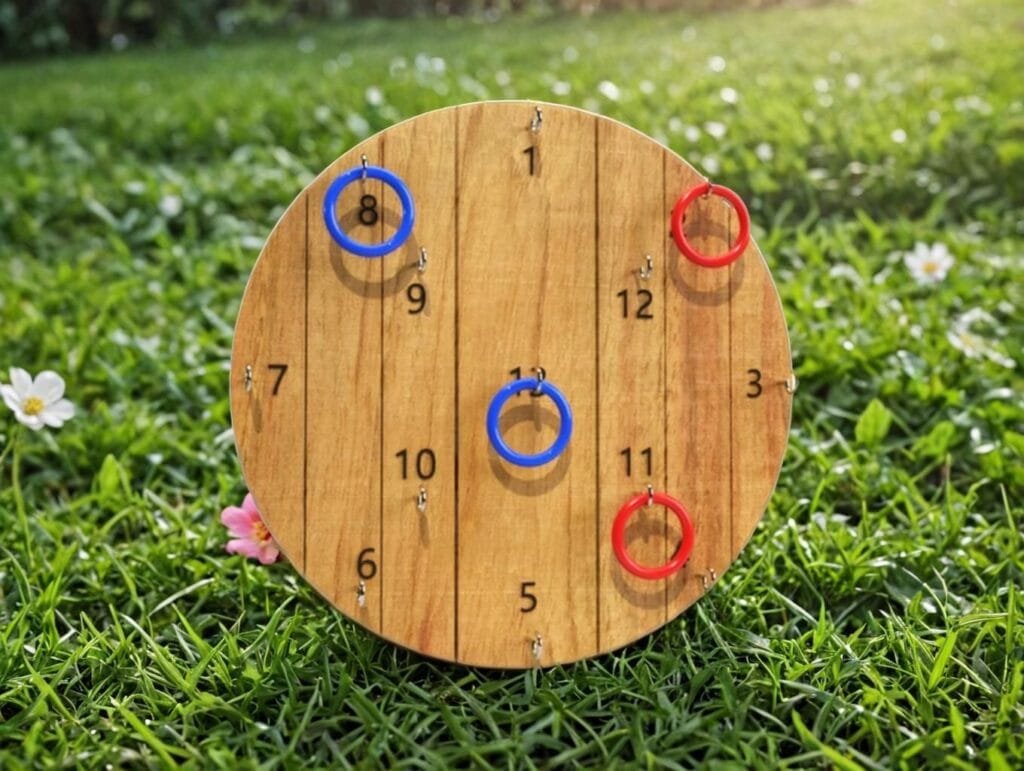
Overview of Hook & Ring Toss Game Setup
| Component | Description | Why It Matters |
|---|---|---|
| Hook | A sturdy metal hook securely mounted to a base. | Ensures consistent gameplay; won’t loosen over time. |
| Ring | A wooden or metal ring attached to a string or rope. | Balanced weight for accurate tosses; durable for long-term use. |
| Base | A solid platform (wooden or acrylic) that holds the hook firmly. | Stability during play; prevents tipping or wobbling. |
| String Length | Typically 18–24 inches (45–60 cm) from ring to base. | Affects toss difficulty; standardized for fair play. |
| Mounting Hardware | Screws or bolts that secure the hook to the base. | Prevents hook from detaching during aggressive tosses. |
Step-by-Step Instructions Summary
| Step | Action | Key Tip | Common Mistake |
|---|---|---|---|
| 1 | Set Up the Game | Ensure the base is on a flat, stable surface. | Placing it on uneven ground; causes inconsistent tosses. |
| 2 | Hold the Ring Correctly | Grip the ring between thumb and forefinger. | Holding the string too high or low; affects swing control. |
| 3 | Stand at the Right Distance | Position yourself 3–4 feet (0.9–1.2 m) from the base. | Standing too close or far; reduces accuracy. |
| 4 | Swing the Ring Smoothly | Use a pendulum-like motion, not a forceful throw. | Jerky movements; leads to erratic swings. |
| 5 | Aim for the Hook | Focus on the hook’s curve, not the entire base. | Distracted by the base; misses the target. |
| 6 | Practice Consistently | Start with shorter distances and gradually increase. | Giving up too quickly; mastery requires repetition. |
Why Should You Even Care About Hook & Ring Toss Games?
Look, I get it. As a busy purchasing manager, you’re juggling a dozen things at once: supplier deadlines, quality checks, and keeping your customers happy. The last thing you need is a product that adds more stress. But hear me out—hook and ring toss games are a golden opportunity. They’re timeless, easy to customize, and perfect for pubs, homes, or corporate events. Plus, they fly off the shelves when sourced right. No more dealing with suppliers who deliver flimsy rings or hooks that fall off after two uses. Sound familiar?
The Secret to a Profitable Game: Quality Materials
Let’s be real: a cheaply made hook and ring toss game is a one-way ticket to customer complaints. You know what I’m talking about—rings that crack, hooks that bend, and bases that warp. It’s why your customers might be hesitant to reorder. But with Kangjie Arts, you get fully customizable wooden crafts built to last. We use seasoned wood and reinforced hardware so your games withstand countless tosses (and tantrums). Why settle for less when you can offer premium without the premium price?
Step 1: Set Up the Game Like a Pro
First things first: find a flat surface. No, really—this isn’t just a suggestion. Uneven ground makes the base wobble, and suddenly, your tosses are all over the place. Secure the base firmly, and ensure the hook is tightly mounted. If it’s loose, tighten those screws! A stable setup is the foundation of every successful toss. Skip this, and you’re basically playing blindfolded.
Step 2: Hold the Ring Correctly (Yes, It Matters!)
Grab the ring between your thumb and forefinger. Let the string dangle freely. Don’t choke it like you’re trying to win a wrestling match! A relaxed grip gives you better control. Think of it like holding a pencil—firm but gentle. This small tweak alone can triple your accuracy. Seriously, try it.
Step 3: Stand at the Right Distance
Most folks stand way too close or too far. The sweet spot? 3–4 feet (0.9–1.2 m) from the base. Close enough to aim accurately but far enough to challenge yourself. If you’re missing constantly, adjust your distance. It’s that simple.
Why Distance Affects Your Game
Standing too close makes the game too easy (boring!). Too far, and it feels impossible. This distance balances skill and fun. Plus, it’s the standard for competitive play. Your customers will appreciate the consistency.
Step 4: Swing the Ring Smoothly
No jerky movements! Swing the ring back like a pendulum and release it forward in one fluid motion. Don’t throw it like a baseball—let gravity do the work. This isn’t a strength test; it’s a finesse game. Smooth swings mean more hooks.
The Physics Behind the Swing
Burstiness in your swing—variations in speed or force—wrecks your accuracy. A consistent arc predicts where the ring will go. Think of it like a metronome: steady rhythm wins.
Step 5: Aim for the Hook’s Curve
Focus on the hook’s tip, not the whole base. Your eyes guide your hand. Visualize the ring looping around it. This laser focus increases your chances dramatically. Distractions are your enemy here.
Step 6: Practice Consistently
Nobody nails it on the first try. Start close, then move back as you improve. Practice for 5–10 minutes daily, and you’ll see progress. Persistence pays off—both for you and your customers.
How Practice Boosts Customer Satisfaction
When your games are intuitive, customers come back for more. A well-made game encourages repeat play, which means repeat orders for you. It’s a win-win.
Common Mistakes to Avoid
- Overthrowing: Too much force sends the ring flying wildly. Relax!
- Ignoring Setup: A wobbly base ruins everything. Double-check it.
- Skipping Practice: Expecting instant mastery? Not gonna happen.
Why Quality Matters Beyond the Game
As a purchasing manager, you know poor quality costs more in the long run. Returns, unhappy customers, wasted time—it’s a nightmare. With Kangjie Arts, you get:
- Low MOQs so you can order small batches risk-free.
- Fast shipping no more waiting months for deliveries.
- Certified materials that meet international safety standards.
- Customization from logos to packaging, we’ve got you covered.
How to Choose the Right Supplier
Don’t just pick the cheapest option. Look for:
- Experience: 20+ years in wooden crafts? Check.
- Responsiveness: Quick replies to queries? Essential.
- Inventory: Adequate stock to avoid delays? Absolutely.
- Confidentiality: NDAs and support? Non-negotiable.
Why Kangjie Arts Fits the Bill
We’re based in China but think globally. Our direct factory sourcing cuts costs without cutting corners. You get high quality at low prices, backed by a team that actually cares. No more frustration—just smooth, profitable partnerships.
Conclusion
Mastering the hook and ring toss game is simple with the right technique and quality equipment. Follow these steps, and you’ll impress your customers every time. Remember, a great game starts with a great supplier. Choose wisely, and let the fun begin!
FAQs
1. What’s the ideal string length for a hook and ring toss game?
Typically 18–24 inches (45–60 cm). Longer strings increase difficulty, shorter ones make it easier.
2. Can I customize the game with my logo?
Absolutely! At Kangjie Arts, we offer full customization, including logos and colors, with low MOQs.
3. How do I ensure the hook stays secure?
Use reinforced hardware and tighten screws regularly. Our games come with pre-drilled holes for easy assembly.
4. What wood types are best for durability?
Hardwoods like birch or oak resist wear and tear. We use seasoned wood to prevent cracking.
5. Do you ship worldwide?
Yes! We export globally with reliable shipping partners to ensure timely delivery.
Custom Message:
Hey, I’m from Kangjie Arts! We live and breathe customizable wooden crafts. If you’re tired of suppliers who overpromise and underdeliver, give us a shot. Low MOQs, fast shipping, and quality that actually lasts. Let’s make something awesome together. Check us out at www.kangjiearts.com. 😊


